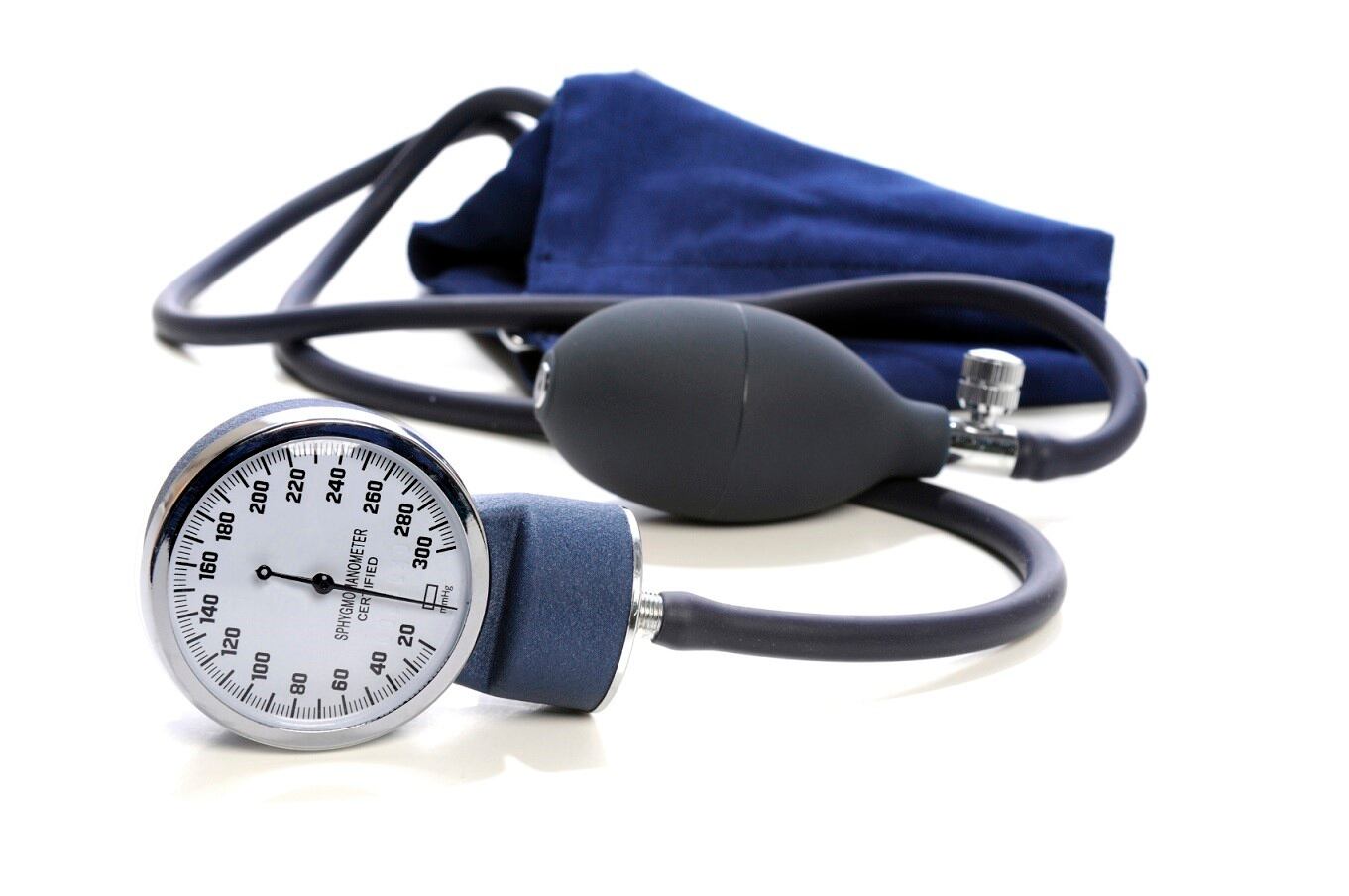First to the data: Harvard Health Publications recently reported results of the 25-year Coronary Artery Risk Development in Young Adults (CARDIA) study, which connects the dots between long-term exposure to elevated blood pressure levels and left ventricular heart dysfunction later in life. It’s a wake-up call of sorts; while the risks of full-blown hypertension have long been known, this is the first long-term study that shows that allowing blood pressure to hover close to the borderline carries risks of its own.
“The medical community has not placed that much attention to these little blips in blood pressure, what they call pre hypertension,” Shirkhande told NutraIngredients-USA. “But this study showed a cumulative effect on the left ventricle.”
“It’s very interesting in that it highlights what can happen starting at a very early age. This mirrors some of the other complications that we have been seeing in younger populations. Everything seems to be happening earlier,” said Britt Burton-Freemen, PhD, associate professor of food science and nutrition at the Illinois Institute of Technology.
The CARDIA study, conducted by researchers at multiple locations including Johns Hopkins University, Northwestern University, University of Minnesota and the National Heart, Lung and Blood Institute, followed nearly 2,500 healthy men and women from early adulthood (ages 18 to 30), for 25 years. The results, just published in the Journal of the American College of Cardiology, revealed that those whose blood pressure was in the prehypertension range – between 120/80 and 139/89 – while they were still under 30, were more likely to have signs of heart dysfunction when they reached middle age. Specifically, they were at higher risk of developing problems with their heart’s left ventricle.
Grape seed extract stands out

A number of ingredients in the realm of polyphenols have been shown to have effects on the endothelial layer. Polyphenols from grape seeds, chocolate, coffee, and French maritime pine bark have all been studied at one time or another in this connection. But the endothelium is a complex system, and high blood pressure is only one manifestation of dysfunction in this layer.
The issue for dietary supplements is that few of the above mentioned ingredients have truly convincing data on their effects on blood pressure modulation. There is a weak correlation for cocoa flavanols. Ingredient supplier ChromaDex has some data for its synthetic pterostilbene ingredient pTeroPure. And blood pressure modulation is one of the many indications that has been studied by Horphag, marketers of Pycnogenol, a branded extract of French maritime pine bark.
This is where Polyphenolics, a division of the California wine giant Constellation brands, has a leg up, Shirkhande said. The company touts its strong suite of studies backing the blood pressure modulation benefits of its MegaNatural-BP grape seed extract ingredient.
“We have done work for 10 years on the ingredient starting with the University of California Davis and then continuing on with the Illinois Institute of Technology,” Shirkhande said. Shirkhande said among the company’s studies have been the following:
- UC Davis study, published in Metabolism Clinical and Experimental, 2009: At the end of four weeks, both 150 mg and 300 mg dosages of MegaNatural-BP were found to help maintain blood pressure levels (both systolic and diastolic) within the normal range. A dose of 300mg maintains blood pressure and also minimizes oxygen stress.
- UC Davis study, published in Journal of Pharmacy and Nutrition Sciences, 2012: At the end of eight weeks, 300 mg of MegaNatural-BP was found to help maintain blood pressure levels (both systolic and diastolic) within the normal range.
- UC Davis/Institute for Food Safety and Health at the Illinois Institute of Technology study: After six weeks of consuming in a beverage, the blood pressure of study participants in the MegaNatural-BP beverage group had dropped to normal ranges. But four weeks after the study, without consuming MegaNatural-BP, their blood pressure had risen back to prehypertension range.
Burton-Freeman said her work on the ingredient has helped elucidate a mode of action for its effect on modulating blood pressure. Again, it’s a complex interaction involving the endothelium, which, as it hardens and becomes inelastic, no longer works with the heart as well to help move blood through the system requiring more pressure to drive the fluid.
“We believe that it has an endothelium relaxing effect,” she said.
Market opportunity
Shrikhande said the opportunity has always been big, but the new CARDIA conclusions show that new segments of the population may benefit from the blood pressure modulating effects of MegaNatural-BP. “We can prevent these complications with exercise and lifestyle changes. Daily supplementation will be a key in helping to manage this thing,” he said.
“MegaNatural-BP is already being promoted by certain key supplement companies,” he said. “The claim they are using is ‘maintenance of blood pressure within the normal range.’ Now it is finding its way into sports nutrition products, which target the same demographic the CARDIA study is talking about. That might be another very big opportunity.”
“Young people are not in the habit of taking a supplement to manage their blood pressure,” Burton-Freeman said. “Maybe consuming of these bioactives through a low calorie beverage would be an opportunity. We completed a beverage study with MegaNatural-BP and while the mean age of those people was middle age, we had some very good responses. Future studies could look at the ingredient’s effects in younger people.”
